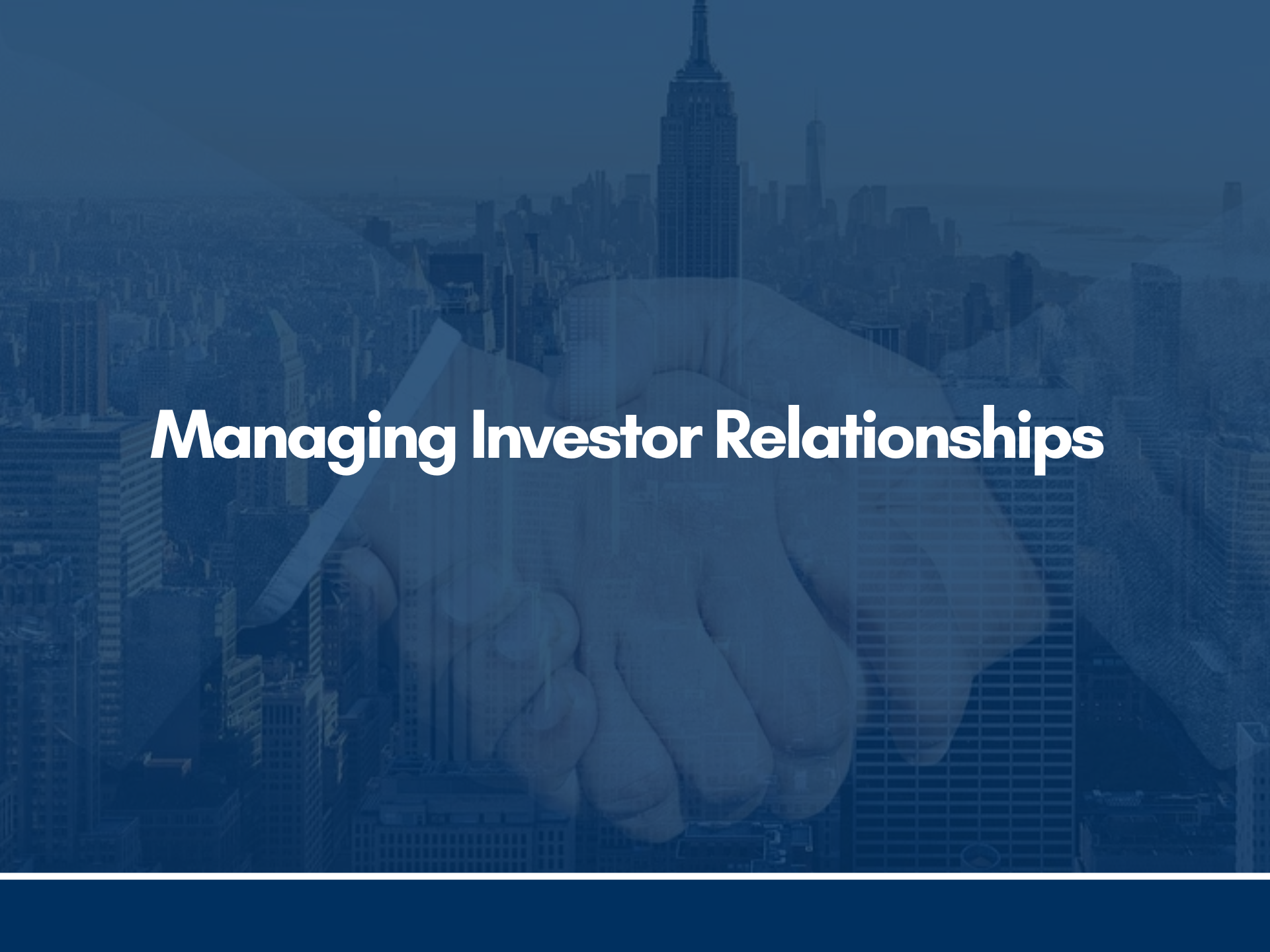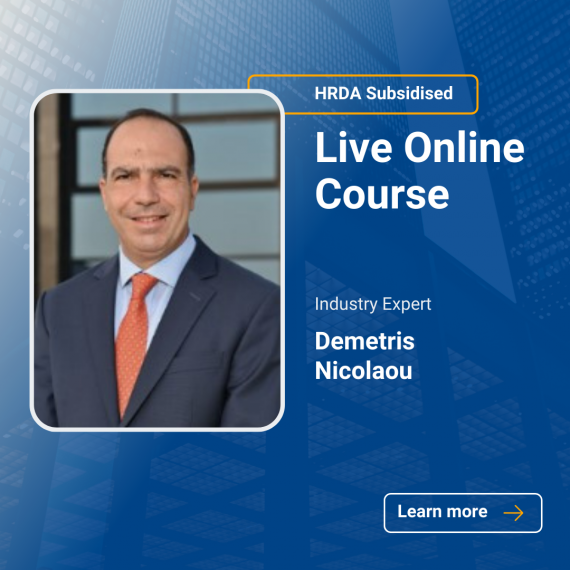
11 Jul Managing Investor Relationships
When setting up a fund, the Fund Manager needs to come up with the initial concept, the investment strategy, the target market, the structure of the fund, the domicile and so on. Then, there is a long registration process to obtain regulatory authorisation and approval.
Many legal and compliance issues need to be considered and all service providers to be identified, such as the Depositary, Fund Administrator, Prime Broker, Auditor, and more.
Then, attracting investors and raising money is the hardest part. It takes great effort and resources.
Once the fund is up and running, the Fund Manager needs to focus on the management of the fund but also on the ongoing service to investors and investor relations.
1. Managing Expectations
From early on, Fund Managers need to be clear about the performance expectations and the possible performance scenarios under certain market conditions.
If investor expectations are not managed properly then investor confidence will suffer. Nurturing investor relationships takes time and continuous effort and may be lost quickly if promises are not delivered.
Presenting complicated investment strategies to investors is also challenging. Fund Managers should keep it simple and have a clear story. Complex portfolio methodologies should be broken down into more simple and comprehensible investment concepts.
During periods of underperformance Fund Managers need to provide reassurance as well as additional information to investors who express concern. It should be clear from the start what the fund’s investment strategy is, what is its investment style and its goals. Clarity helps investors to build trust towards the Fund Manager.
2. Consistency
In addition to setting and managing investor expectations, another important aspect in investor relationships is consistency. This is achieved by adhering to the fund’s investment philosophy, following the initial plan, and communicating this to investors. It is better not to deviate from the investment style that attracted investors in the first place. Along the way, no matter how tough your message may be, don’t try to avoid it.
Consistency does not mean the Fund Manager needs to sacrifice flexibility. The investment landscape is constantly changing. Fund Managers should seek to capture new opportunities and adapt to market conditions within the parameters of the fund’s offering documents. Being able to adapt in an era of disruption is key to the success of every Fund Manager.
3. Transparency and Communication
A commitment to ongoing transparency and communication is another ingredient of successful management of investor relationships. In addition to providing regular reporting and data, Fund Managers need to respond swiftly to ad-hoc queries from investors. Different Fund Managers respond differently to investor questions.
Proper policies identify the persons responsible to service clients and respond to questions. They also enable staff to offer the best possible service to clients in a timely manner.
4. Alignment of Interests
The ultimate goal of successful relationship management is to achieve an alignment between the interests of Fund Managers and investors. This is reinforced with concepts like the high watermark, a peak value above which performance fees are paid. Such concepts (in addition to the regulatory framework) have helped propel the fund industry’s growth.
Building an ethical culture and recruiting the right people is also key. The cost of compliance has gotten very high, but it reinforces the effort to show to all investors that their interests are a priority.
Conclusion
Managing investor relations is an ongoing effort. It takes commitment, transparency, proper management of expectations, frequent communication and continuous nurturing of relationships.
In addition, Fund Managers need to be prepared to adapt to other challenges such as: technological disruption, regulatory changes, ESG issues, political and macroeconomic shifts and other factors that are transforming the financial world.
After all, these changes will eventually be communicated to investors and need to be handled in a way that would benefit all clients.
Demetris Nicolaou, CFA




